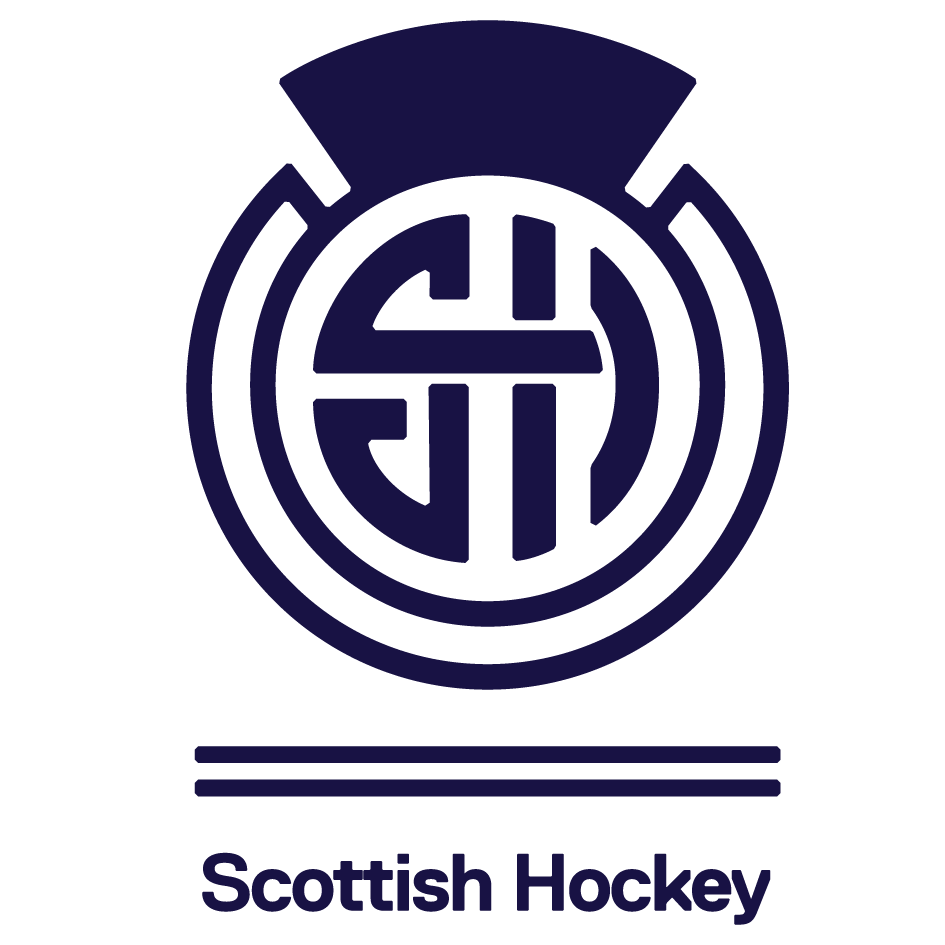Scottish coaches working with Great Britain U21 teams
We chat to two Scots who are involved with the U21 Great Britain coaching set up and how they got involved in coaching hockey.
Colin Clarke is the assitant coach for the GB U21 women who has worked with the Scotland senior women and head coach of Grange hockey club. Graham Moodie travelled with the U21 GB mens side for the Sultan of Johor Cup where they came second, he also coaches Edinburgh University men and Scotland U21 men.
What were your expectations, being part of the U21 Great Britain Squad?
Graham Moodie: Got to say I was really excited to be involved in the GB U21 programme. The Sultan of Johor Cup is a top tournament and having the opportunity to work with a GB squad playing India, Pakistan, Australia, New Zealand and Malaysia was a fantastic opportunity.
Colin Clarke: In 2012 I had the opportunity to observe a GB U21 training camp and this provided me with an insight into the environment and expectations that would be involved this time around. The standard set both on and off the pitch was high, it was important for all the home nation players to be introduced to the GB vision of being successful at the Olympics with the goal of obtaining a medal and what was required to make this a reality in Tokyo 2020.
What did you learn from the involvement and how did that occur e.g. Management meeting/on the pitch/ team meeting/video analysis etc?
GM: I learnt a lot from the programme both on and off the pitch. On alternate games I was filming and tagging the games live which is not something I normally do with Scotland. GB also use Sports code rather than NAC for video analysis so I was thrown in the deep end with some of the technology. Tactically it was great to see what these other nations were doing at junior level and the standard we need to get to with the Scottish U21’s. I also learnt a lot from the way GB played, the way they adapted to playing these types of opposition and the approach they used for analysing the performances post match.
CC: The motivational climate created was good and from the first meeting players from England, Scotland & Wales were introduced to the GB philosophy and the importance of a GB U21 programme. From pitch sessions to team building exercises the experience was a positive one, there is significant talent at GB U21 level and this is the first step to harnessing it for future Olympic cycles.
What was the most valuable aspect for you and why?
CC: Opportunity to understand the technical and tactical aspects of play which GB senior squad are working towards which will enable me to pass this message on to other Scottish players at regional and national sessions. The creation of links with Craig Keegan and Zac Jones were valuable from a personal development viewpoint.
GM: Being involved at this level and experiencing this type of tournament was invaluable. Not only has it allowed me to see where other top U21 nations are up too, it also gives a further insight into the level and standards that Scottish players now need to attain in order to compete and excel at this level. Overall the tournament and programme were very positive and although we were disappointed in the end to finish in second place in was an invaluable experience for the players and staff.
Graham – As an ex Internationalist with GB why did you chose the coaching route, do you think playing has helped?
I started coaching as a hobby while at school and from there I have worked hard to learn and improve although it has only really been since I finished playing at the top level that I have had the opportunity to see this as a career.
For me playing at the highest level has been a huge asset, this doesn’t mean that I haven’t had to work hard on all aspects of my coaching but I feel it has given me a strong understanding of what is tactically, technically and mentally required to perform at the top level and I am able to share my experiences and learning with the players. This has also meant I have been able to learn from the top coaches I have been coached by and from some of the mistakes that I made as a player.
There are also smaller things this helps with which can often be neglected or seen as less important, especially off the pitch when you’re on long tours or tournaments and where managing free time and recovery are essential.
Colin – Why did you get involved in coaching hockey?
I began coaching at the age of 15 at Lisnagarvey HC in N.Ireland as I wanted to give something back to the sport and also support my club. Since then I have been lucky enough to play with some great players during my playing career, Jimmy Kirkwood, Alan Dowd, Ali McGregor, Graham Dunlop and Michael Leonard during my time at club level with Lisnagarvey and Grange and Internationally with the Scottish National team. I learnt a great deal from them and have looked to develop my coaching style and knowledge to enable me to provide a solid platform for the players to develop at club and at an International level.
Recent posts:
- Clydesdale and Watsonians again contest the women`s indoor final
- Grove Menzieshill and Inverleith will contest this year`s men's Indoor GALA Finals
- Scotland men draw with Wales in Cardiff
- Valencia test series finishes with Scotland women drawing with Spain
- The business end of this season`s indoor division 1
- Game 2 in Valencia sees Scotland women lose to Spain
- Scotland women draw with Spain in Valencia test game 1
- ALMOST ALL SEMI-FINAL PLACES DECIDED IN THE WOMEN`S INDOOR DIVISION 1
- Semi-final places secured in men`s indoor division 1
- And now to the group stage of the indoor championship


